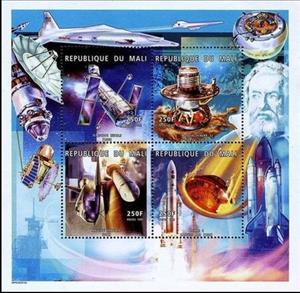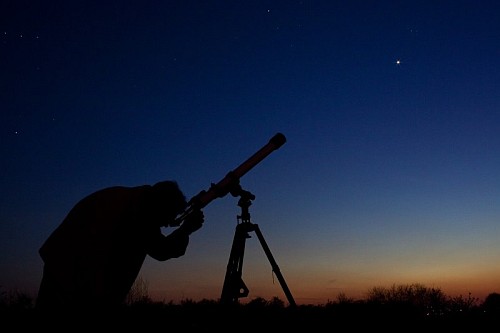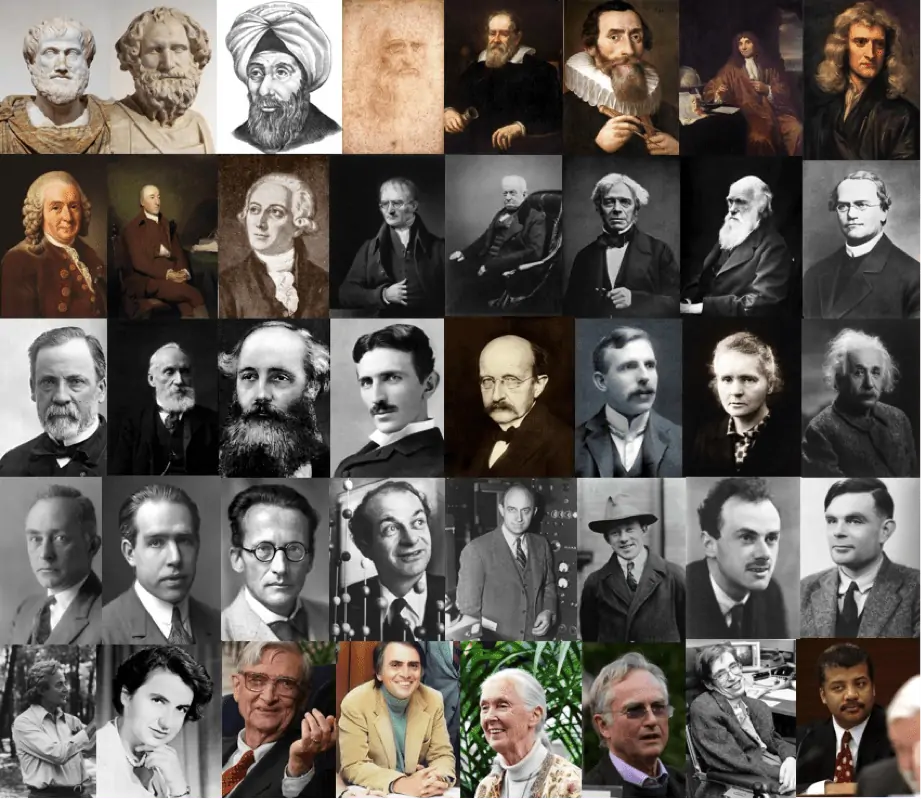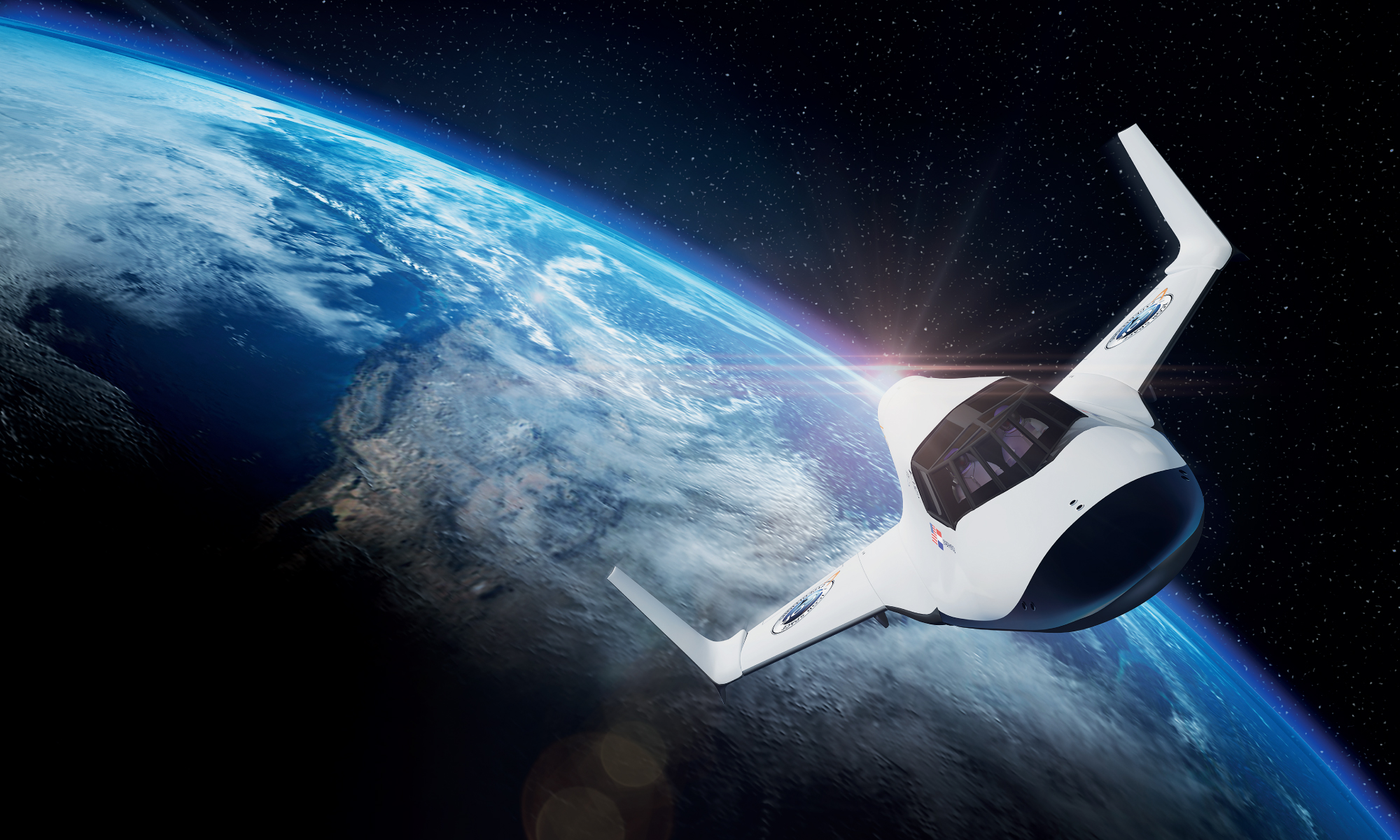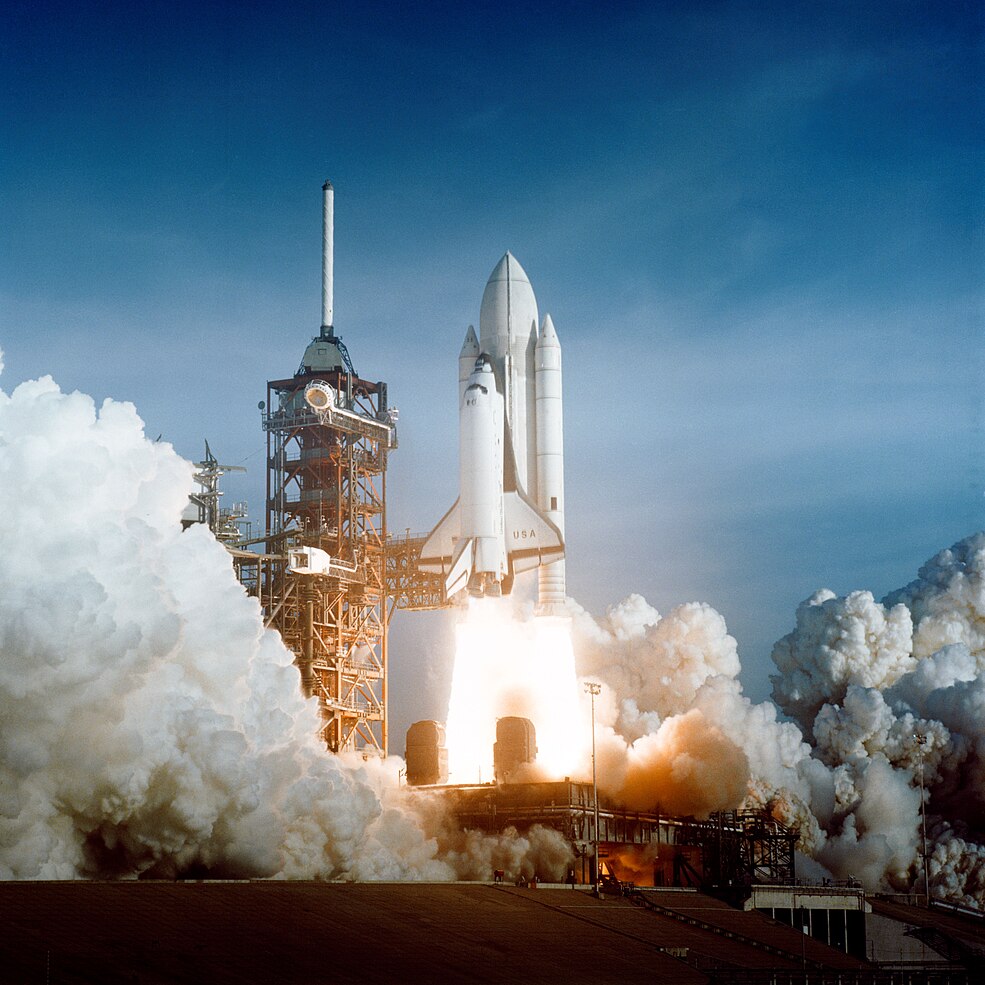Mini Sheet: Space Events (Mali 1999)
Space Events (Mali 1999)
20 July (Mali ) within release Space Explorations 1999 goes into circulation Mini Sheet Space Events face value 4*250 West African CFA franc
| Mini Sheet Space Events in catalogues | |
|---|---|
| Michel: | Mi: ML 2255-2258KB |
Mini Sheet is square format.
Also in the issue Space Explorations 1999:
- Mini Sheet - Space Events face value 4*250;
- Mini Sheet - Space Events face value 4*310;
- Mini Sheet - Space Events face value 4*320;
- Mini Sheet - Space Events face value 4*500;
- Mini Sheet - Space Events face value 4*750;
- Mini Sheet - Space Events face value 4*900;
- Stamp - Luna 6 and Lunokhod 2 face value 320;
- Stamp - Mariner 10 face value 900;
- Stamp - Neil Armstrong face value 320;
- Stamp - Pioneer 10 face value 900;
- Stamp - Robert H. Goddard face value 500;
- Stamp - Skylab 1 face value 900;
- Stamp - Surveyor 3 face value 320;
- Stamp - Theodore von Kármán face value 500;
- Stamp - Voyager 1 face value 310;
- Stamp - Yuri Gagarin face value 750;
- Stamp - "Venera 12" face value 250;
- Stamp - Apollo 15 face value 900;
- Stamp - Apollo 18 and Soyuz 19 face value 310;
- Stamp - Ariane 5 face value 250;
- Stamp - Carl Sagan face value 310;
- Stamp - Columbia face value 250;
- Stamp - Dog Layka face value 750;
- Stamp - Edmund Halley and Giotto probe face value 310;
- Stamp - Edward White face value 750;
- Stamp - Frank Borman face value 320;
- Stamp - Hermann Oberth face value 500;
- Stamp - Hubble face value 250;
- Stamp - John Glenn face value 750;
- Stamp - Konstantin Ziolkowski face value 500;
Mini Sheet Space Events it reflects the thematic directions:
An astronaut (from the Ancient Greek ἄστρον (astron), meaning 'star', and ναύτης (nautes), meaning 'sailor') is a person trained, equipped, and deployed by a human spaceflight program to serve as a commander or crew member aboard a spacecraft. Although generally reserved for professional space travelers, the term is sometimes applied to anyone who travels into space, including scientists, politicians, journalists, and tourists
An astronomer is a scientist in the field of astronomy who focuses their studies on a specific question or field outside the scope of Earth. They observe astronomical objects such as stars, planets, moons, comets and galaxies – in either observational (by analyzing the data) or theoretical astronomy. Examples of topics or fields astronomers study include planetary science, solar astronomy, the origin or evolution of stars, or the formation of galaxies. A related but distinct subject is physical cosmology, which studies the Universe as a whole
Astronomy is a natural science that studies celestial objects and the phenomena that occur in the cosmos. It uses mathematics, physics, and chemistry in order to explain their origin and their overall evolution. Objects of interest include planets, moons, stars, nebulae, galaxies, meteoroids, asteroids, and comets. Relevant phenomena include supernova explosions, gamma ray bursts, quasars, blazars, pulsars, and cosmic microwave background radiation. More generally, astronomy studies everything that originates beyond Earth's atmosphere. Cosmology is a branch of astronomy that studies the universe as a whole. .
Outer space (or simply space) is the expanse that exists beyond Earth's atmosphere and between celestial bodies. It contains ultra-low levels of particle densities, constituting a near-perfect vacuum of predominantly hydrogen and helium plasma, permeated by electromagnetic radiation, cosmic rays, neutrinos, magnetic fields and dust. The baseline temperature of outer space, as set by the background radiation from the Big Bang, is 2.7 kelvins (−270 °C; −455 °F)
A scientist is a person who researches to advance knowledge in an area of the natural sciences
A spacecraft is a vehicle that is designed to fly and operate in outer space. Spacecraft are used for a variety of purposes, including communications, Earth observation, meteorology, navigation, space colonization, planetary exploration, and transportation of humans and cargo. All spacecraft except single-stage-to-orbit vehicles cannot get into space on their own, and require a launch vehicle (carrier rocket).
